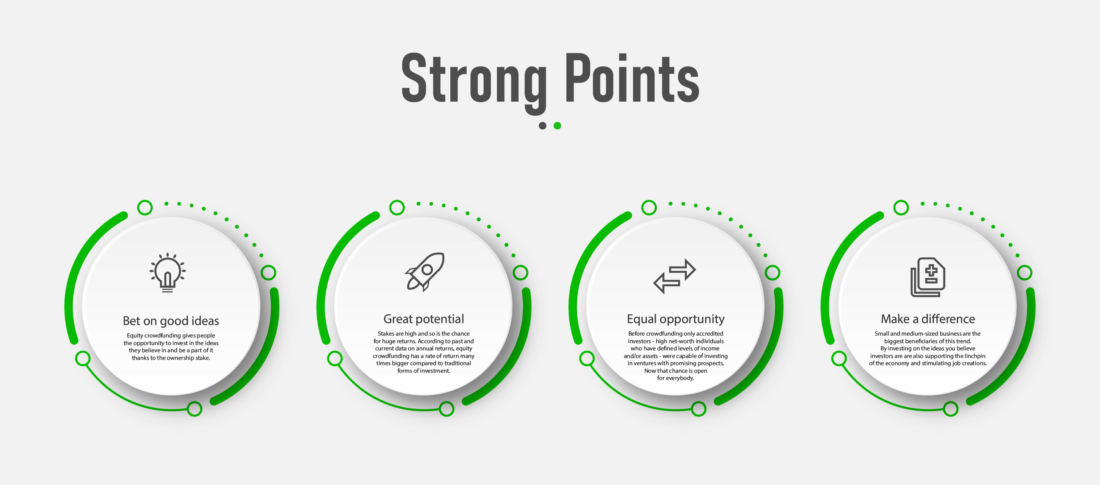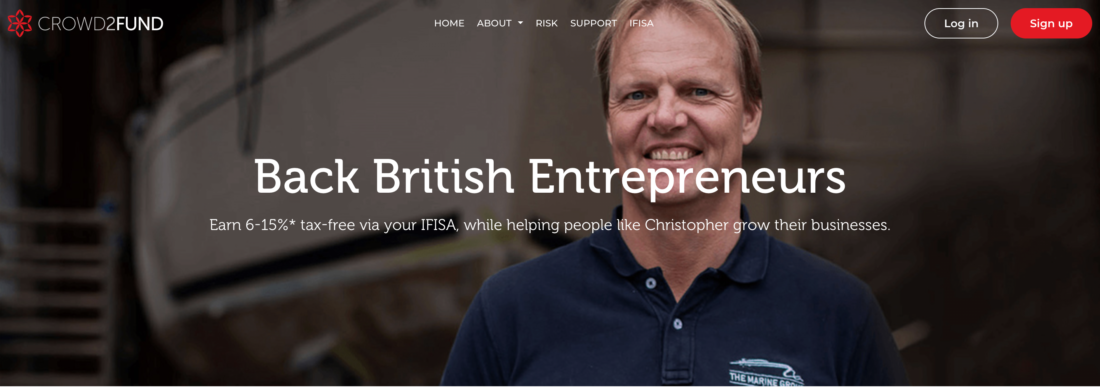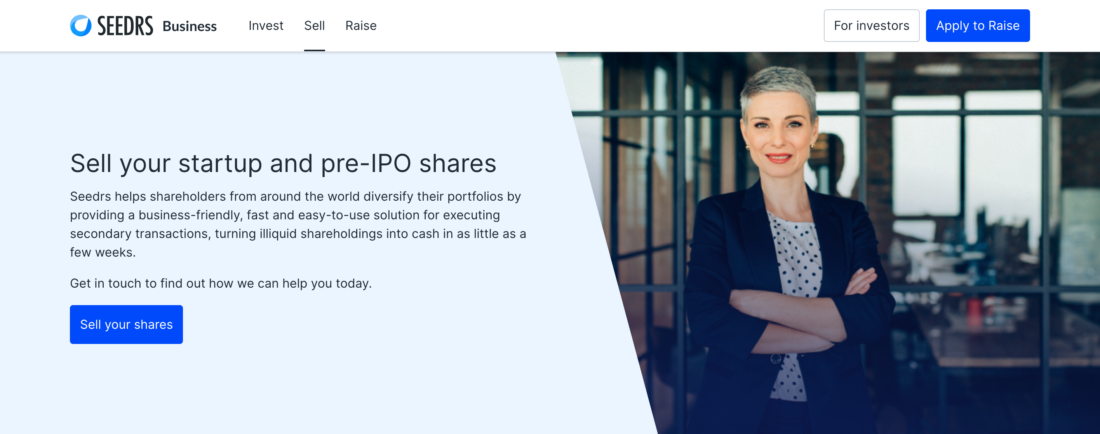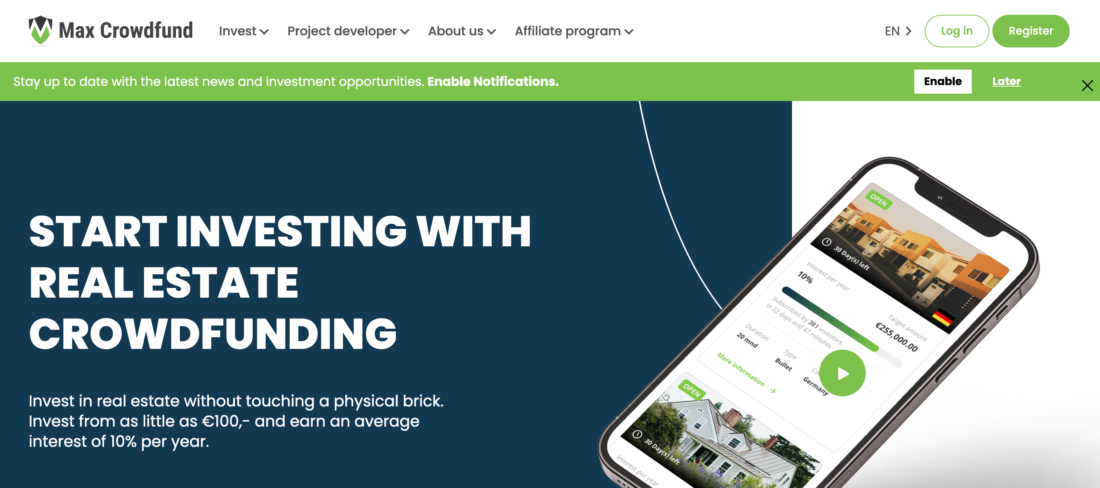Most common equity crowdfunding mistakes: unveiling the pitfalls

Crowdfunding, particularly equity crowdfunding, has already shown that it’s a viable alternative for startups and early-stage businesses to raise funding. As straightforward as it may seem, there are quite a few intricacies that, when overlooked, can damage your campaign. To avoid that, we’ll review them closer in the piece below. But first, let’s refresh what the equity crowdfunding phenomenon involves.
Equity crowdfunding involves multiple investors contributing different sums of money in exchange for the company’s equity. While some platforms limit participation in the project funding to accredited investors only, some platforms welcome individual investors to participate, too, widening the target audience.
How does equity crowdfunding work?
The equity crowdfunding model resembles raising funds in a traditional way from angel investors or venture capitalists. But the main difference between equity crowdfunding and the traditional fundraising models involves more investors who can contribute with smaller sums. Some platforms allow people to invest with as little as €100.
The raised funds are used by businesses to fuel their further growth and development, and investors not only get equity in a company but are also eligible for profit if/once a business makes it.
Why invest in equity?
Even though investing in equity is risky, it allows investors to earn significant profits if a project is selected correctly and equity crowdfunding requirements are met. By investing in equity, investors can count on the following benefits.

Portfolio diversification
Investing smaller sums in several companies is always safer than investing all the available funds in a single business. Even if one business fails, it will be compensated by the income generated by another investment.
High liquidity
Shares are traded in secondary markets and, thus, can be sold and purchased relatively quickly.
Profitability
The profit yield from a capital gain in equity investment is usually higher than in other investment models. However, even though equity investment looks promising, investors may end up losing their money if a project fails.
Common equity crowdfunding mistakes startup companies make
The bitter truth is that startups fail even if the market conditions are favourable and the business idea is marketable.
Here are the most common mistakes startup companies make that prevent them from achieving their targets and delivering their investors the expected returns.
Poor niche research
Here, you need to consider a few aspects. First, others in the market are willing to get funding for your brilliant idea, too.
Competition is high, and you need to stand out from the crowd to attract investors. Therefore, prepare all the materials you need to deliver them a quick and clear idea of what you are working on and why they need to invest in this specific project. Research the niche properly, and when presenting your project, ensure you highlight its strong and unique sides that will demonstrate to investors why there is a market for your product and why people will be interested in it.
Choosing the wrong platform
Research how the equity crowd-investing platform you’ve opted for works and whether it supports projects in a specific niche only (e.g. real estate) or welcomes all promising startups to try their luck.
Check what materials they need to make your business list for a crowd-investing campaign. Check if similar businesses were raising funds via the platform and how the process was organized.
Finally, consider that both you and the platform operate within a specific legal framework. Make sure your company and the planned activities comply with legal requirements.
Not knowing your target audience
Some people may be interested in your product while others aren’t. Some products may be unique and innovative but without a target audience. Such projects don’t have prospects to grow in value and deliver profit, so they won’t be attractive for investors.
That’s why it is important to understand your target audience and how to address their needs.
Poor marketing
Marketing is one of the keys to a successful startup launch and development. It doesn’t matter how good your product or service is. If you don’t market it, people won’t learn about it and, thus, won’t purchase it.
That’s why make sure you have a clear idea of the people you will be selling the product to and how you will notify them that they can buy it. Prepare high-quality marketing materials in advance, in all possible formats, so that you can spread the word about your project as soon as possible.
Not leveraging investors’ network and feedback
This detail needs to be considered before choosing a platform for fundraising. Startups frequently need to remember that their investors are the advocates of their business. If they have the skills to help your startup grow, most likely, they will willingly assist you. Also, you can count on your investors’ network and use it for mutual advantage.
Top equity crowdfunding platforms
If you are looking for an opportunity to invest and think that equity may be an option, consider the following crowdfunding platforms.
Crowd2Fund
Crowd2Fund is a UK-based equity crowd investing platform that started its activities in 2015 as a small peer-to-peer lending company. Now, it has grown into a leader among similar platforms. It allows retail and accredited investors and enables investing in startup companies with as little as £100 with an advertised return on investment of 6-18%.

Crowd2Fund aims to support entrepreneurs and claims to be the only platform in the UK where investors can choose the British business owners they’d like to back.
Seedrs
Seedrs is another popular crowd investing platform that specializes in equity investments. This UK-based platform was launched in 2009 and has become one of the most well-known equity crowdfunding portals in the UK and Europe.

Seedrs enables people to invest as little as £10 in early-stage startups, although many projects require a higher minimum investment. On Seedrs, you can use the auto-invest feature as well as buy and sell loans on a secondary market.
Max Crowdfund
Max Crowdfund is a real estate crowd investing platform headquartered in Rotterdam. It offers investors real estate projects in Belgium, the Netherlands, Germany, and the United Kingdom.

The platform kicked off in 2019 and was approved by the Dutch Financial Authorities in 2020. Since then, it has become one of the leading real estate crowd investing platforms that generate an average yearly return of 10-11%.
Everybody can register an account for free and start investing with as little as €100.
Final word
Equity crowdfunding provides investors with lucrative opportunities to earn in the long term from their investments and potentially participate in socially important businesses.
Startups, on the other hand, can not only access funding but leverage their investor’s experience and network.
But to make things work, startups need to be well-prepared for the future fundraising campaign and each stage it entails as thoroughly as possible. Only then can they count on the support from investors and maximise their chances for the further development of their project.











